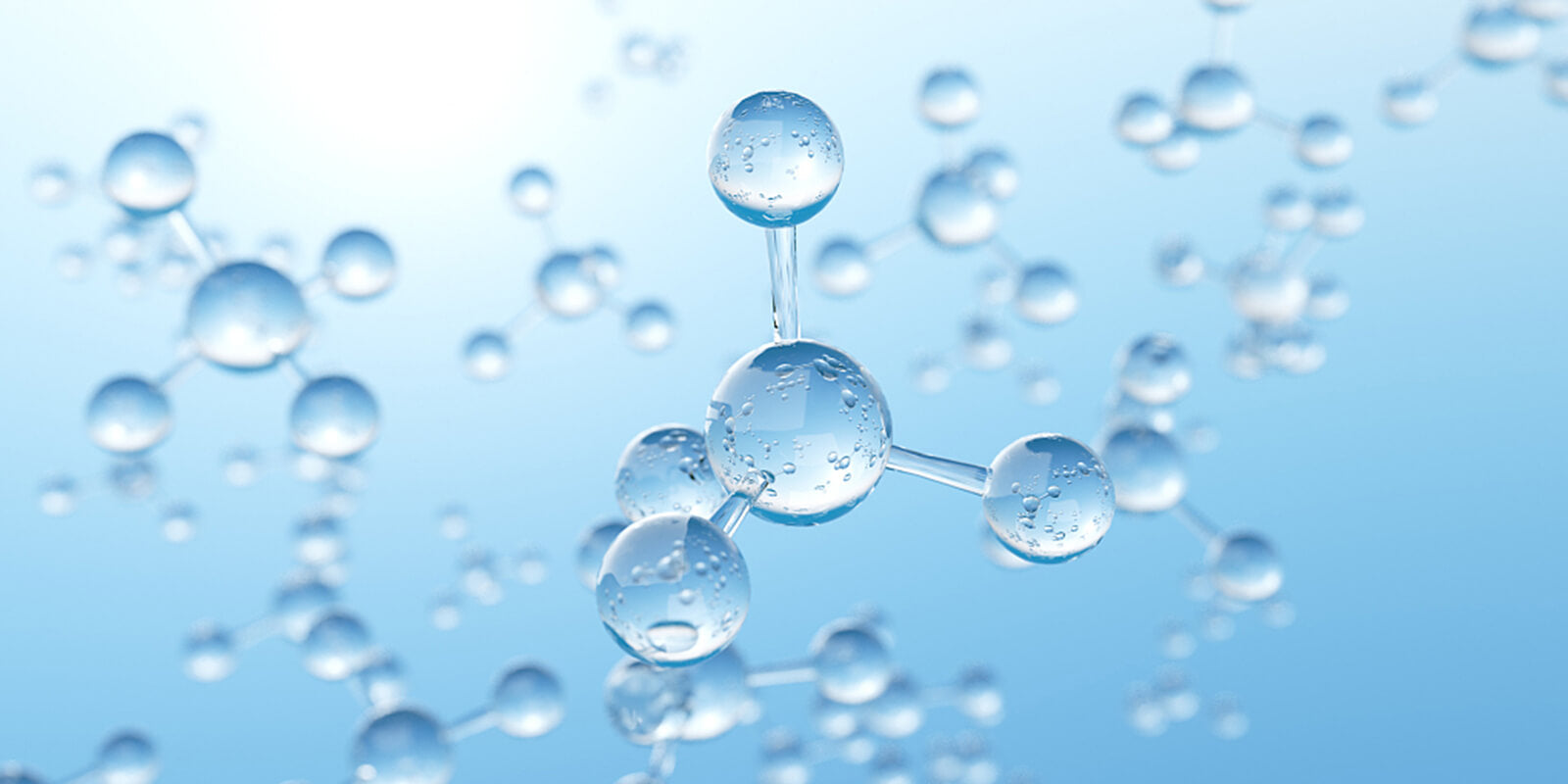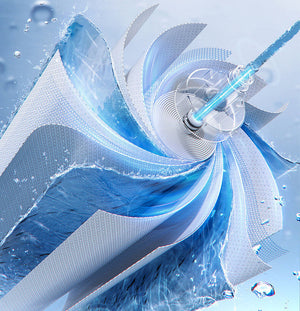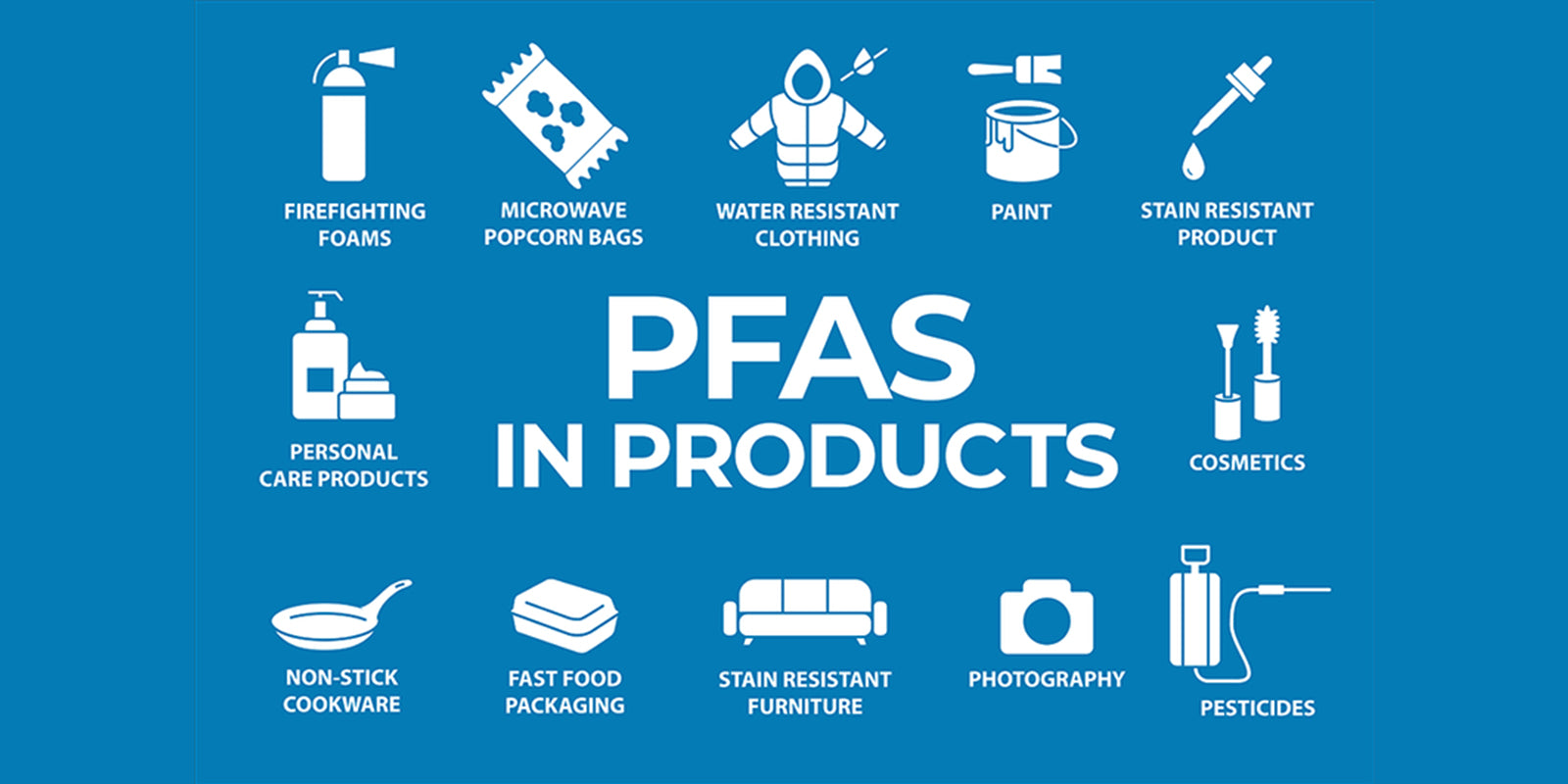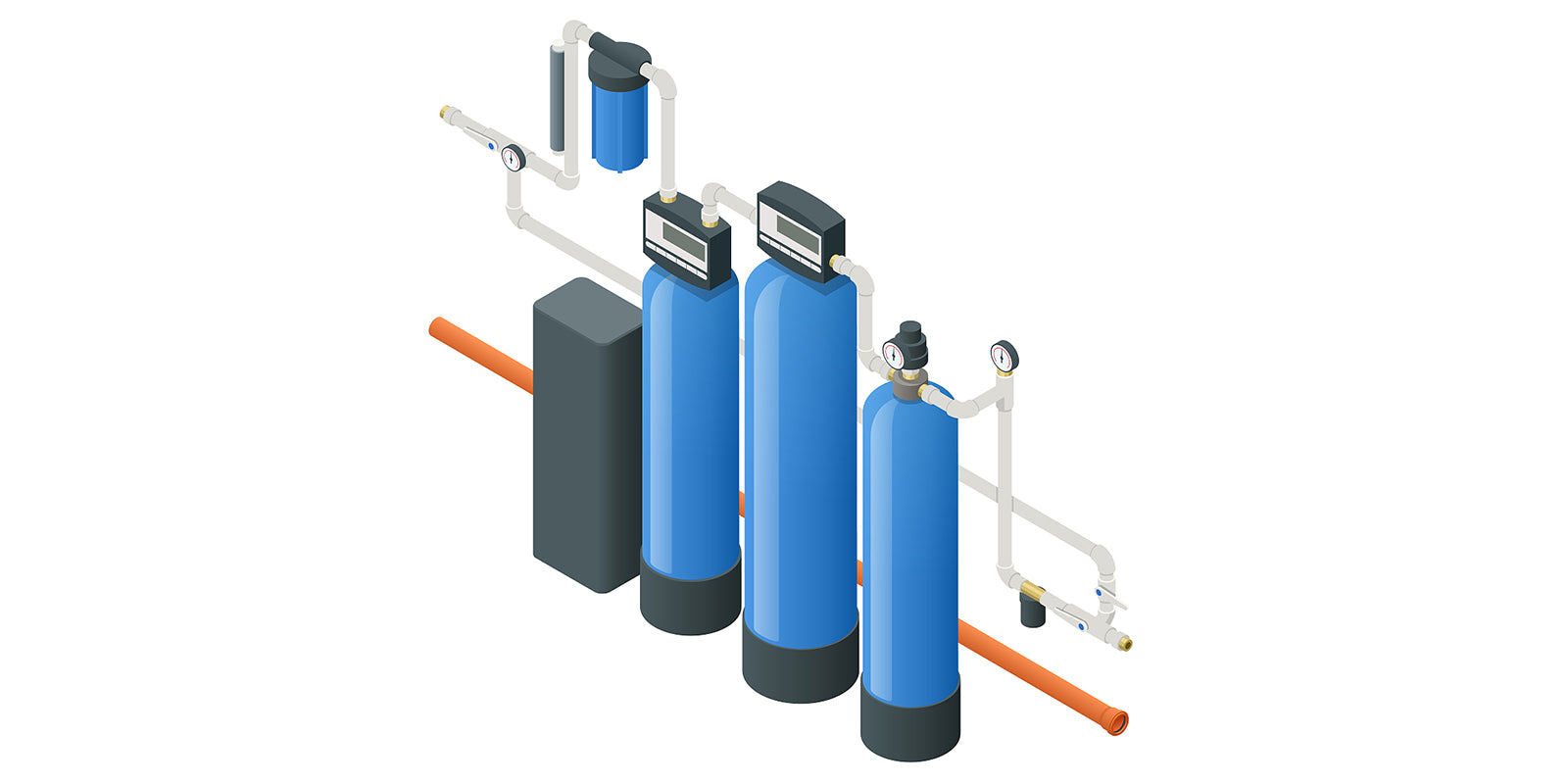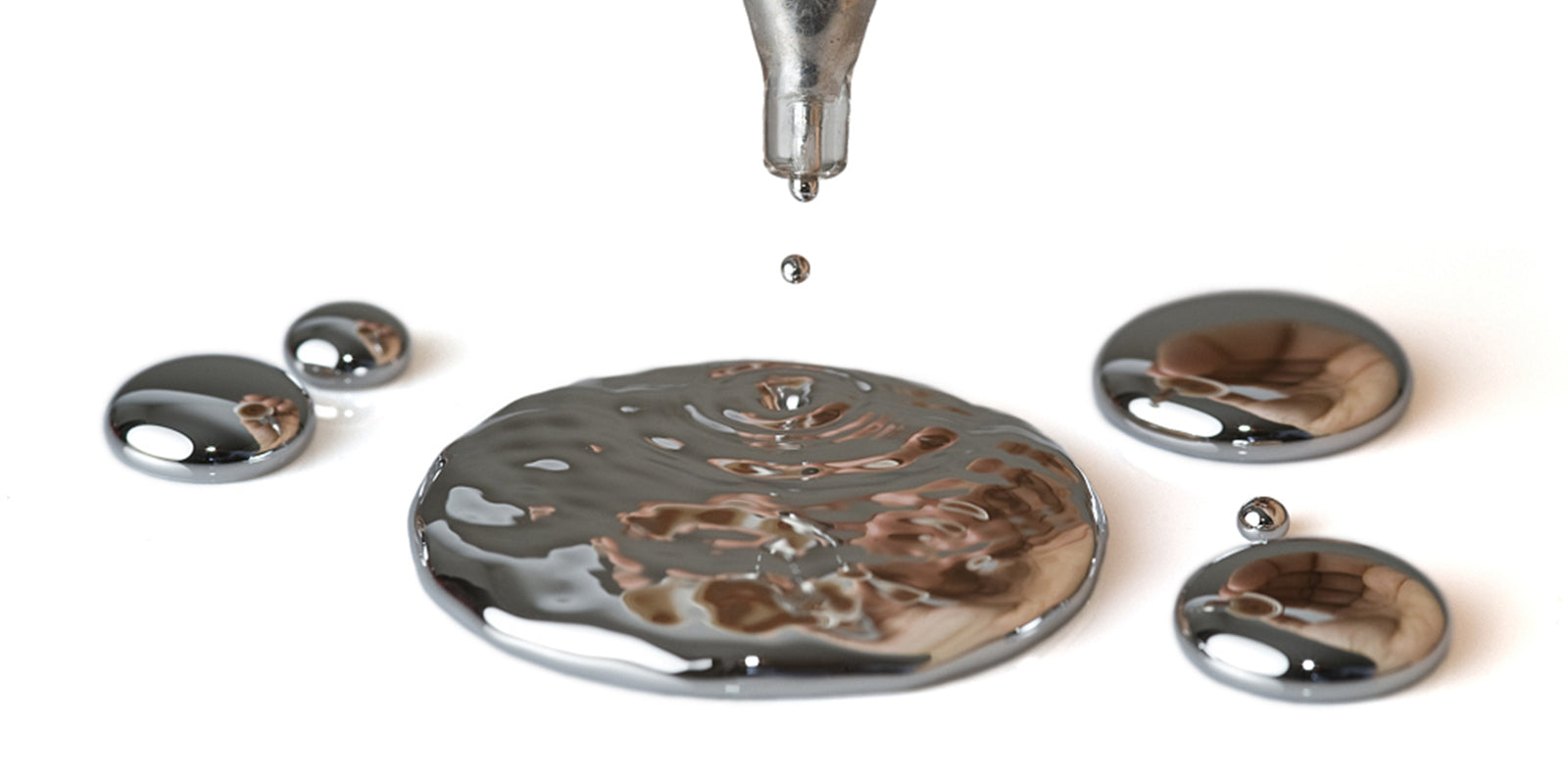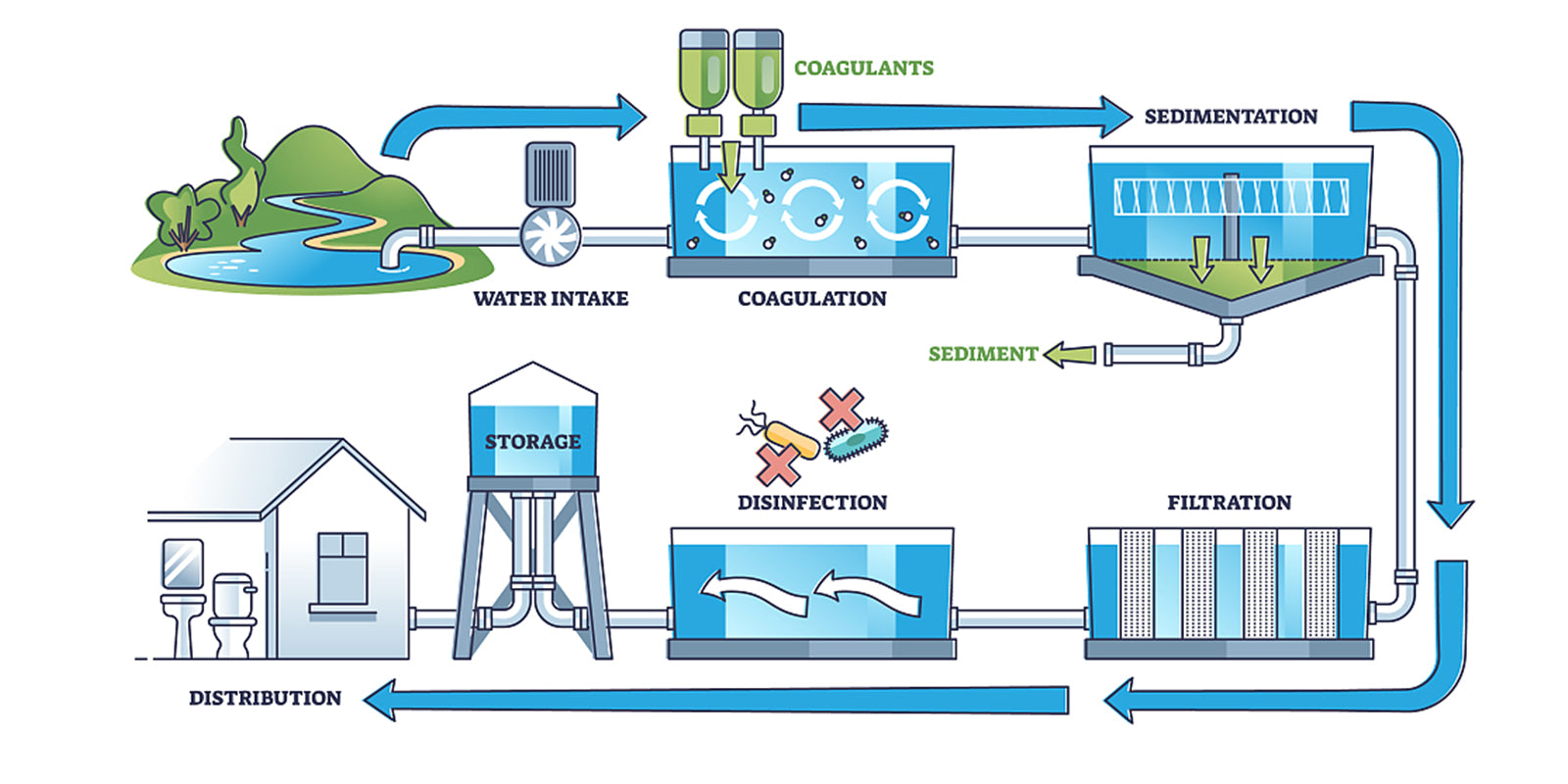Alkaline Water v.s Ionized Water
You need to understand that alkalinity and pH are NOT the same things.
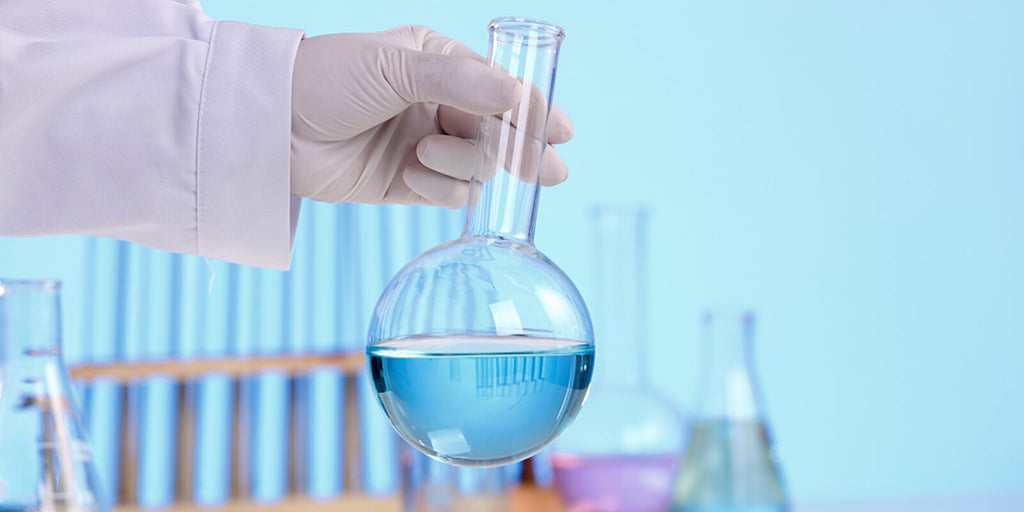
Alkalinity measures the ability of water to neutralize acids. Alkaline water can have high alkalinity while having only a moderately alkaline pH because alkalinity and pH are not the same things. You want water with high alkalinity to neutralize as much acidity as possible if your health challenges come from acidity. Consequently, alkaline ionized water can also have low alkalinity and a high pH. Water ionizers can make water with high pH and moderate alkalinity.
The Potential Hydrogen (pH) of water refers to its potential to attract positively-charged Hydrogen ions (H+). Your levels are maintained in a narrow range by your body. Because of this, pH isn’t as important as alkalinity when it comes to your health. What you’re drinking alkaline water for is it's acid-neutralizing alkalinity and it’s antioxidant potential.
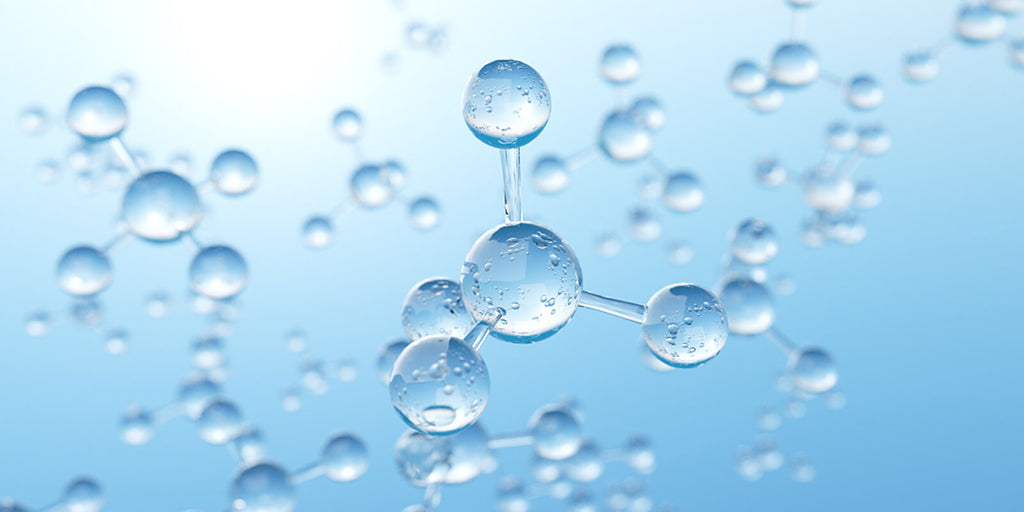
When an atom becomes an ion, its electrical charge can be either positive or negative. It depends on whether the atom gained or lost electrons. The minerals in alkaline ionized water – mostly calcium, magnesium, and potassium – gain electrons from the ionization process. The extra electrons give the water a negative electrical charge. That charge gives it antioxidant potential.
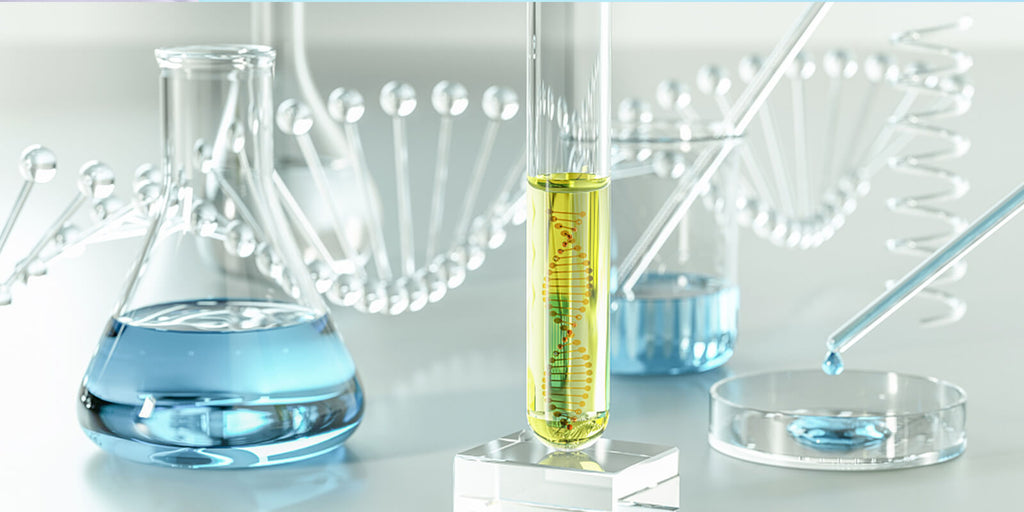
The difference between alkaline ionized water and ionized water
Ionized water can be either alkaline or acidic. Alkaline ionized water has alkaline minerals in it. Conversely, acidic ionized water from a water ionizer has carbonate in it, which makes it a dilute solution of carbonic acid.

